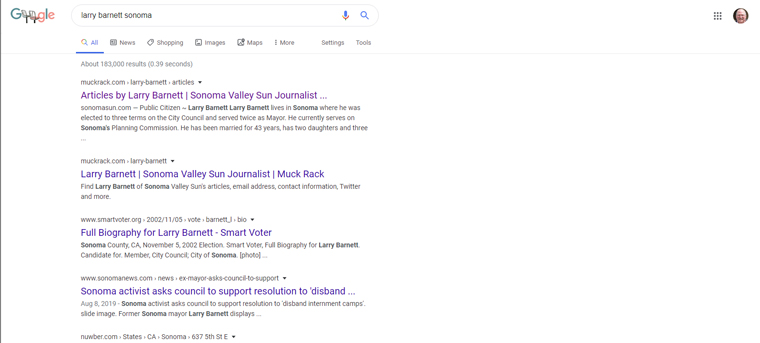
I have no Facebook page. I do not post tweets on Twitter. My cell phone number is a secret, and I don’t blog. All this is true despite the fact that I have been in the website development business for 13 years and working with new technology is my daily occupation.
I help my clients with all of the above, and even recommend how to work with new technologies in the most efficient and effective ways. Just as I can teach my friend Stanley how to make meatloaf despite the fact that I’m vegetarian, my understanding of new technology does not mean I need personally consume it. Though privacy is disappearing and being seen by 10,000 “friends” has become a world-wide obsession, I believe that anonymity will soon be the new celebrity.
The ‘60s pop art artist Andy Warhol was clearly wrong; he said everyone would have “fifteen minutes of fame,” but it turns out it’s only fifteen seconds. Actually, with two hundred million people on Facebook, uncountable millions of daily blog postings and never-ending minute-by-minute Tweets, even fifteen seconds may be too much. In short measure, fifteen milliseconds will be the average.
The avalanche of online communication represents an all-new phase of human evolution. The opinion of strangers now outweighs all paid advertising, and online viral marketing is quickly supplanting traditional media campaigns. Newspapers, the past’s great leap forward in mass communication – dependent upon traditional advertising for profits – are folding all across America. The web’s rumor and opinion mill moves far faster than a printing press, and the iPhone and BlackBerry have morphed into powerful mobile mini-desktop computers.
When I Google myself, I see thousands of results, online testament to twelve years in public office and my name in digital print. Soon everyone will fill the Google index with entire lifetimes of data, a vast repository of daily minutia extending from one’s toothpaste preference to bowel habits. In some strange way this might prove useful from an anthropological, data-mining perspective, but I must confess that on a personal level I find it a great bore.
It’s been said that in the past people lived lives “of quiet desperation” and I suppose the web’s incessant chatter simply reflects today’s lives “of noisy desperation.” Indeed, there is a desperate quality to obsessive Tweets and blogs and Facebook pages, as if documentation of living is a substitute for life itself. I suppose that if, as it is for some, such online life is constant, then it truly has become life – life as a record of itself as a record.
In time then, the great curiosity will be the anonymous undocumented life, a life lived invisibly. This will be a monumental non-achievement that must by necessity be unnoticed and not acclaimed; a life outside of life – an existence that cannot be proven – an art form all its own. Like colorless paint on a blank canvas, such expression will not be understood because there will be nothing to understand – the celebrity of emptiness.
When we are gone, only memories remain, and in time those too will fade. Perhaps the fevered online world, then, is actually about our age-old pretensions of immortality. For assuming that the Google world lives on, dear ones, the blog post will live forever.